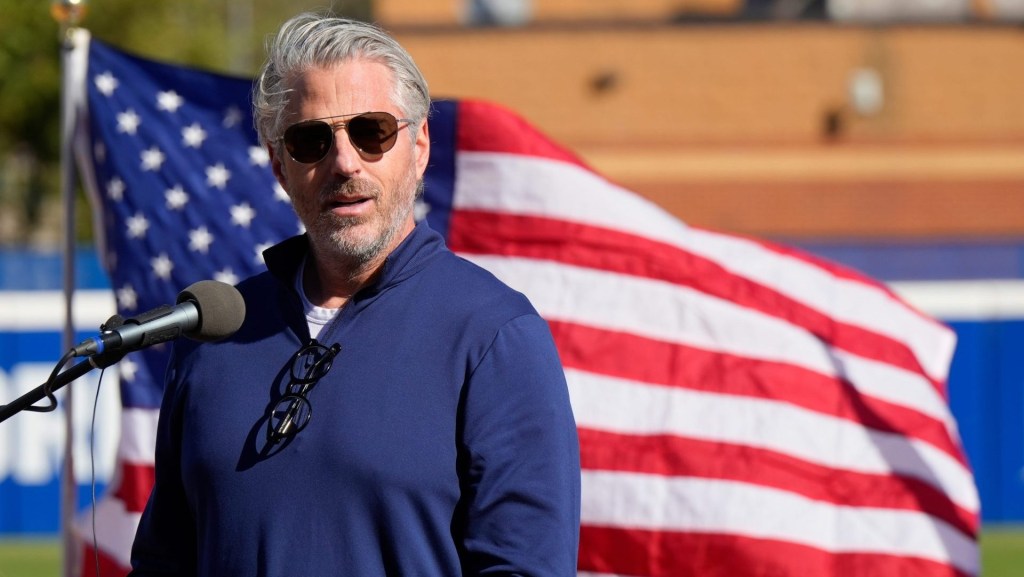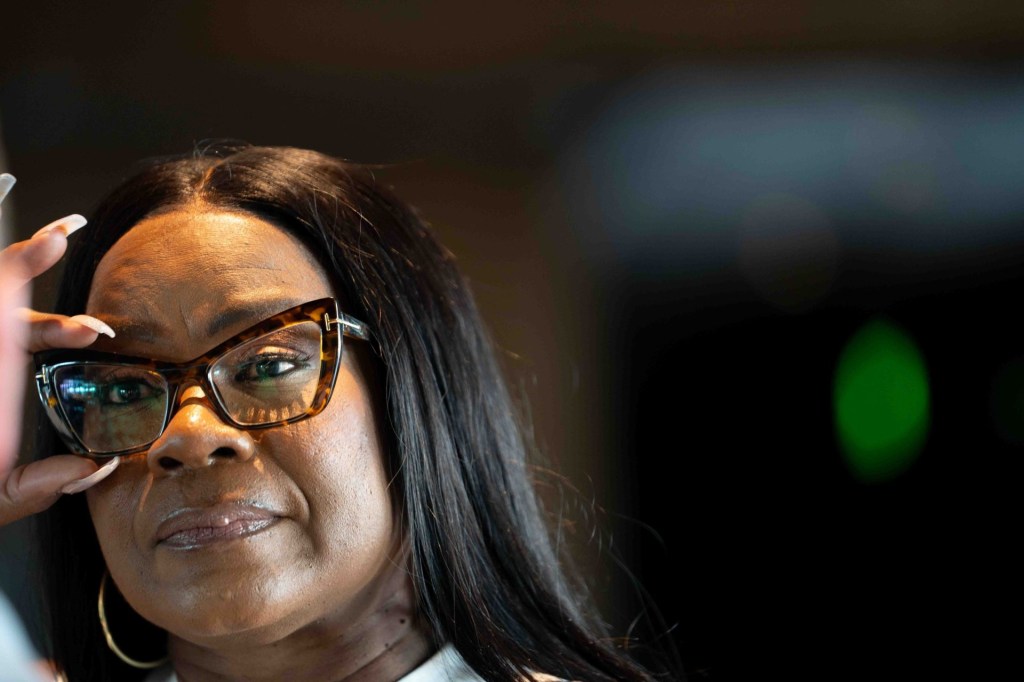
Years ago, when powerhouse German club FC Bayern Munich mapped out its plans for expansion outside of Europe, it targeted two regions of interest: the West and China. Western expansion was launched out of the club’s New York office, which opened in 2014. In the years since, Bayern has built relationships across the American sports media market, launched a U.S.-specific Twitter handle, and traveled across the country to host a series of watch parties with fans as a part of a Fan Club Roadshow.
As the club set its sights on the U.S., a long-term goal of expansion into Latin America was “always the plan,” according to Jörg Wacker, Bayern’s executive board member for internationalization and merchandising.
Just over a year ago, Bayern signed Colombian international James Rodriguez on a two-year loan from Real Madrid. This move broke records across Bayern’s global digital platforms and led to a six-figure increase in followers in the first day alone; it also accelerated Bayern’s plans to grow its brand in Latin America.
[mc4wp_form id=”8260″]
Bayern has been home to other Latin American players including Chilean international Arturo Vidal, who left the club for FC Barcelona last week, Brazilians Douglas Costa and Dante, and current Brazilian right back Rafinha, to name a few. Yet the unexpected signing of James was “a dream” for the club.
“On one side, he’s an amazing player and on the other side, he’s a superstar. He’s one of the top-five followed players in the world behind Ronaldo, Messi, and Neymar, I think he has more than 80 million followers, and for us, that is also an opportunity,” said Wacker.
Of course, the move was made for performance reasons rather than branding reasons, yet it certainly helped attract more Latin American fans to the club. It was only after the signing that the club executives realized the power of James’ brand.
“It makes it much easier for us having him as a superstar because he’s an ambassador of our brand and everything that he’s doing, now it’s Bayern Munich. I think the whole world, and especially the people in Latin America, follow him and want to see what he’s doing and this helps us as well,” said Wacker.
With James on the roster, Bayern hired its first New York-based Spanish language content producer to connect with the Spanish speaking community both in the U.S. and in Latin America. The club also leveraged the relationships it had built with media companies and brands over the past four years. Rudolf Vidal, Bayern’s president of the Americas, stressed the importance of these relationships in supporting the club’s growth in Latin America.
“After working in the U.S., you build so many relationships, which help you in the market because obviously in the U.S., you have a lot of people who also work in the Central and South American markets,” he said. “Look at the media companies. Univision is owned by Televisa; ESPN, ESPN Deportes, Fox, Fox Deportes — so they help you build a relationship even faster.”
While Bayern isn’t looking to directly mirror its U.S. approach in Latin America (it won’t open an office there, for example), it will pull from the strategy that has been so successful stateside.
“Whatever we do in Latin America is based on what we do in the U.S.,” said Vidal.
While there is a distance between the two markets, Bayern’s growth strategy is just as much driven by purpose and relationships as the initial Western expansion was four years ago. The club’s recent ICC match in Miami was an example of that.
“One of those reasons why we played Miami is because, obviously, Miami is the gateway to Central and South America,” said Vidal.
To make the most of its match in Miami, the club invited media, fans, and stakeholders from Latin America – particularly from its regions of focus, Mexico, Colombia, Argentina, Chile, and Brazil. Vidal understands that given the distance between New York and Latin America, the club needs to capitalize on opportunities like this whenever possible.
A similar opportunity arose this summer when Germany and Mexico met in the group stage of the World Cup and it set Bayern up perfectly to tap into a relationship with Liga MX team Club America, which had recently opened an office in the States. Club America approached Bayern for help with its U.S. expansion, leading the clubs to host joint watch parties in Mexico and Miami for Mexico and Germany’s World Cup clash.
“If we have organizations who can help leverage those things, we have to work with them. We can’t go [to places like] Argentina and Brazil that frequently, but we’re going whenever there is a certain occasion,” explained Vidal.
Bayern understands that a combination of both relationships and the signing of international players from key markets will be essential in its continued internationalization strategy.
“From a business perspective, we would love to have a Colombian player, a Chilean player, a Mexican player, and I can tell you that if this would happen, it would make it [internationalization] so much easier,” said Vidal.
[mc4wp_form id=”8260″]
While that is obviously difficult to achieve, the impact from James’ signing is proof of the power one player can have on a club’s brand. Bayern’s recent purchase of the rights to Canadian Alphonso Davies and receipt of American player Chris Richards on loan from FC Dallas, further its expansion into the West and rest assured any future signees of Latin American players will continue a natural growth in that market as well.
Looking ahead, Bayern will continue to lead its Latin American expansion out of its New York office. Having built strong relationships with media, stakeholders, and fans, its continued growth is positioned to be a success.

















